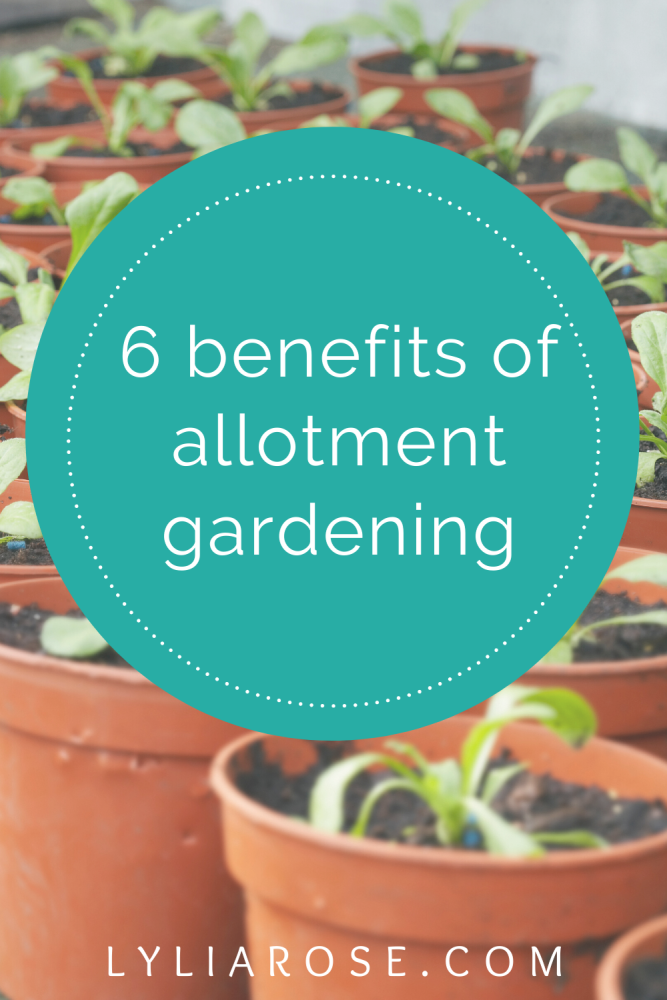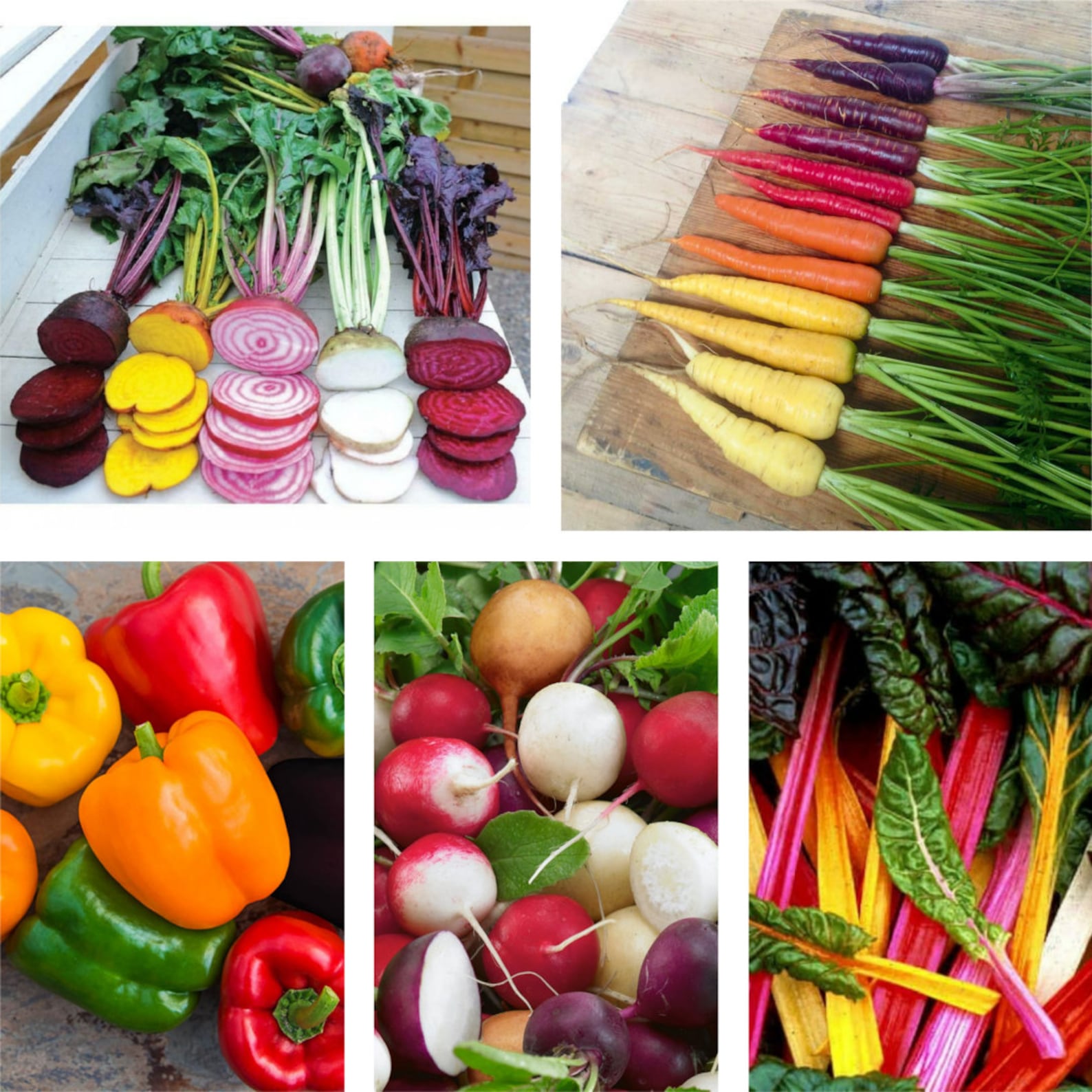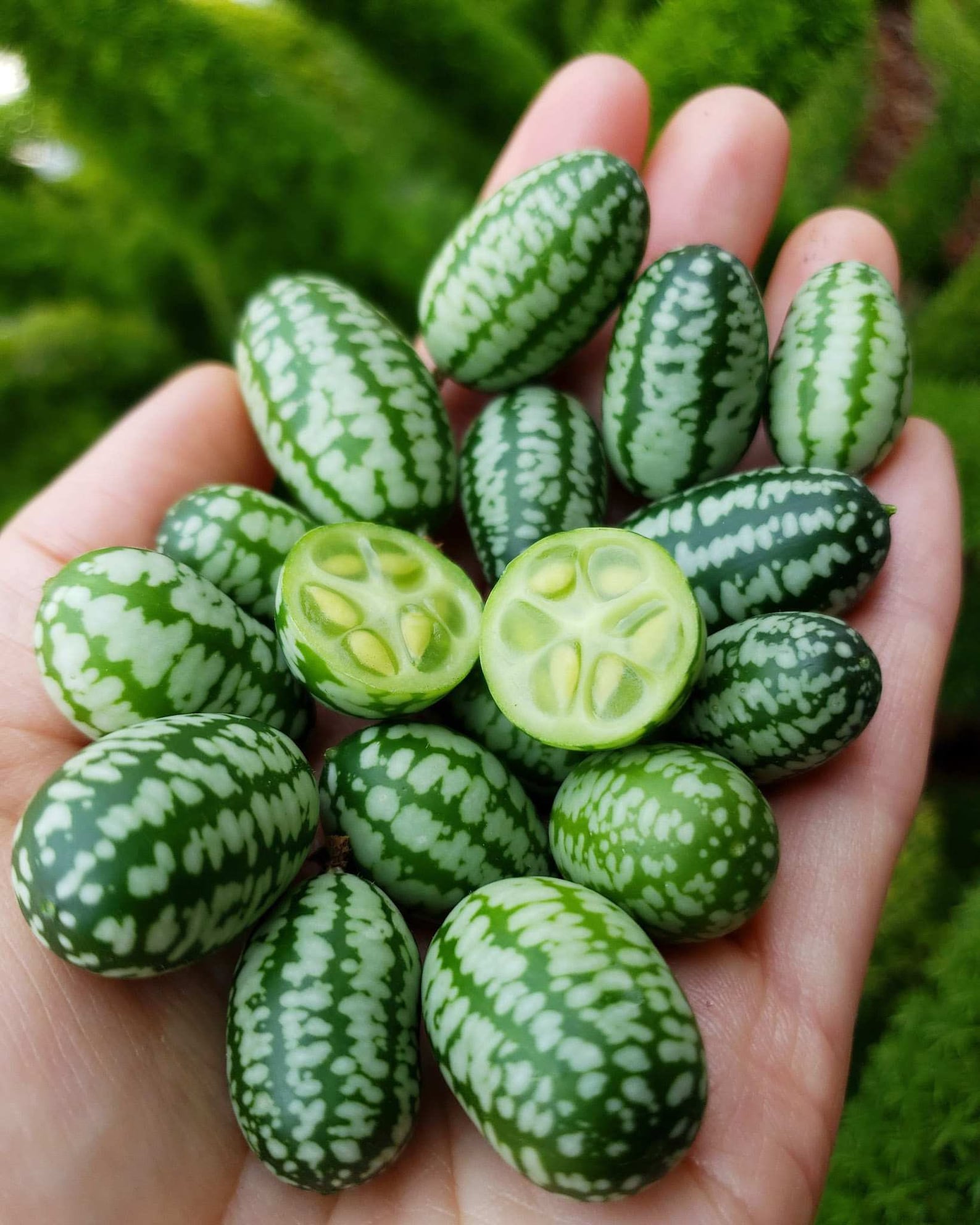6 Benefits of Allotment Gardening
Posted on
Allotments are growing in popularity across the UK, with long waiting lists in many areas. Whether it’s for the joy of eating home-grown veg, a chance to unwind outdoors, or to enjoy gentle exercise, more people are turning to allotment gardening. A recent survey revealed that one in four people use an allotment to grow fresh food, keep active, and meet others with similar interests.
But what is allotment gardening exactly? It refers to a small plot of land rented (often from a local council) where you can grow your own fruit, vegetables, herbs, or flowers. Allotments are ideal for those without garden space or who want to take their growing to the next level.
Let’s explore the top benefits of allotment gardening and why it might be the perfect hobby for you.

1. Eating Healthily
One of the clearest benefits of an allotment garden is the chance to eat a more nutritious diet. When you grow your own fruit and vegetables, you’re more likely to eat them regularly. You also have full control over how your food is grown.
-
Choose organic practices by avoiding chemical fertilisers and sprays.
-
Harvest your produce when it’s fresh, locking in more nutrients.
-
Reduce your reliance on supermarket veg, which can travel long distances.
Growing your own food often leads to healthier meals, packed with variety and natural flavour.
2. Saving Money on Food
Allotments can save you a surprising amount on your grocery bill, especially during peak growing seasons. While there’s some initial investment in tools, seeds and compost, the ongoing costs are minimal.
-
A productive allotment can provide a steady stream of fresh produce.
-
Grow vegetables like courgettes, carrots, potatoes, and onions in bulk.
-
Use seed swaps or save seeds from one season to the next.
Even with a small plot, many allotment gardeners in the UK find they can supplement their family's meals and spend less on fruit and veg each week.
Why don’t more people do this?
Many people assume they don’t have the time or skills, but once you get started, growing veg becomes part of your routine. Allotments for beginners are easier than you might expect with a little guidance from experienced gardeners nearby.

I grow a bunch of food in my garden "allotment" every single year, all year round!
3. Boosting Your Health with Sunshine and Fresh Air
Spending time outdoors has proven health benefits. Allotment gardening provides daily exposure to sunlight, which helps your body produce vitamin D. This vitamin plays a key role in bone health, immunity, and mood regulation.
Being outside also helps boost serotonin levels, known for improving mental wellbeing and reducing stress. Many people say that time spent on their plot feels like a peaceful break from busy modern life.
Did you know? Just 15–20 minutes in the sun (more for darker skin tones) can make a noticeable difference in your vitamin D levels.

4. A Natural Way to Stay Active
Allotment gardening might not seem like a workout, but it certainly keeps you moving. Tasks such as digging, planting, weeding and watering use a wide range of muscles.
Spending just 30 minutes gardening can burn around 150 calories. It’s a great low-impact form of exercise for all ages and abilities.
Regular allotment activity can help:
-
Improve heart health
-
Maintain a healthy weight
-
Strengthen muscles and joints
-
Reduce the risk of conditions such as diabetes and arthritis
Why don’t more people do this?
Some see it as too physical or time-consuming, but even short sessions at your allotment add up. You can garden at your own pace and adapt it to your fitness level.
5. Connecting with a Community
An often-overlooked benefit of allotment gardening is the strong sense of community. Your local allotment site is a fantastic place to meet neighbours and share advice, ideas, and produce.
Many allotments in the UK have noticeboards, seed swaps, and community days. It’s easy to strike up conversations with fellow gardeners who are usually happy to offer tips or lend tools.
This social side of gardening can be especially beneficial for wellbeing, reducing feelings of isolation and helping you feel part of something bigger.

Some of our garden allotment produce! A huge cucumber, purple beans, tomatoes, courgette, mini carrots, chard, green chilli peppers, beetroot and potatoes!
6. Supporting Wildlife and Nature
Allotments don’t just benefit people—they’re also vital green spaces that support local wildlife. By growing crops without pesticides and planting flowers, you’ll attract bees, butterflies, birds, and other important pollinators.
One square metre of land can support hundreds of species. Many allotments also become habitats for:
-
Frogs, newts and hedgehogs
-
Birds, bees and butterflies
-
Foxes and even slow-worms
Allotment plots near housing areas help maintain biodiversity in urban spaces, offering shelter and food for wildlife that might otherwise struggle.
Why don’t more people do this?
Some worry about making mistakes or not knowing what to grow, but nature thrives in messy, varied environments. Even small efforts make a big difference.
What Should You Grow in Your Allotment?
When deciding what to plant, think about the crops your family eats most often. Popular options for UK allotments include:
-
Potatoes, carrots and onions
-
Courgettes, runner beans and peas
-
Lettuces, spinach and rocket
-
Tomatoes, cucumbers and radishes
Feeling adventurous? You could also try growing:
-
Cavolo nero
-
Mooli
-
Okra
Soil type and sunlight matter, so you may need to experiment with different crops to see what works best. Keep an eye on what fellow allotment gardeners in your area are growing too—chances are they’ve already figured out what thrives locally.
A good seed supplier is key if your allotment doesn’t have a community swap. Most garden centres stock reliable seeds, or you can explore online seed specialists for more variety.
Allotment Gardening in the UK: A Tradition That Endures
Allotment gardening in the UK dates back centuries, originally created to help feed working families. Today, it’s a rewarding hobby that fits well with a more sustainable and mindful lifestyle.
Even if you’re a beginner, your local council can help you find a suitable plot and get started. Demand is high in many areas, so it’s worth joining a waiting list as early as possible.

Click to buy 15 Cucamelon Seeds
Final Word
Allotment gardening offers more than just a harvest—it’s a lifestyle that supports better health, stronger communities, and a closer connection to nature. Whether you’re interested in the environmental benefits, want to eat better, or simply enjoy being outdoors, starting an allotment garden could be one of the most rewarding choices you make this year.
